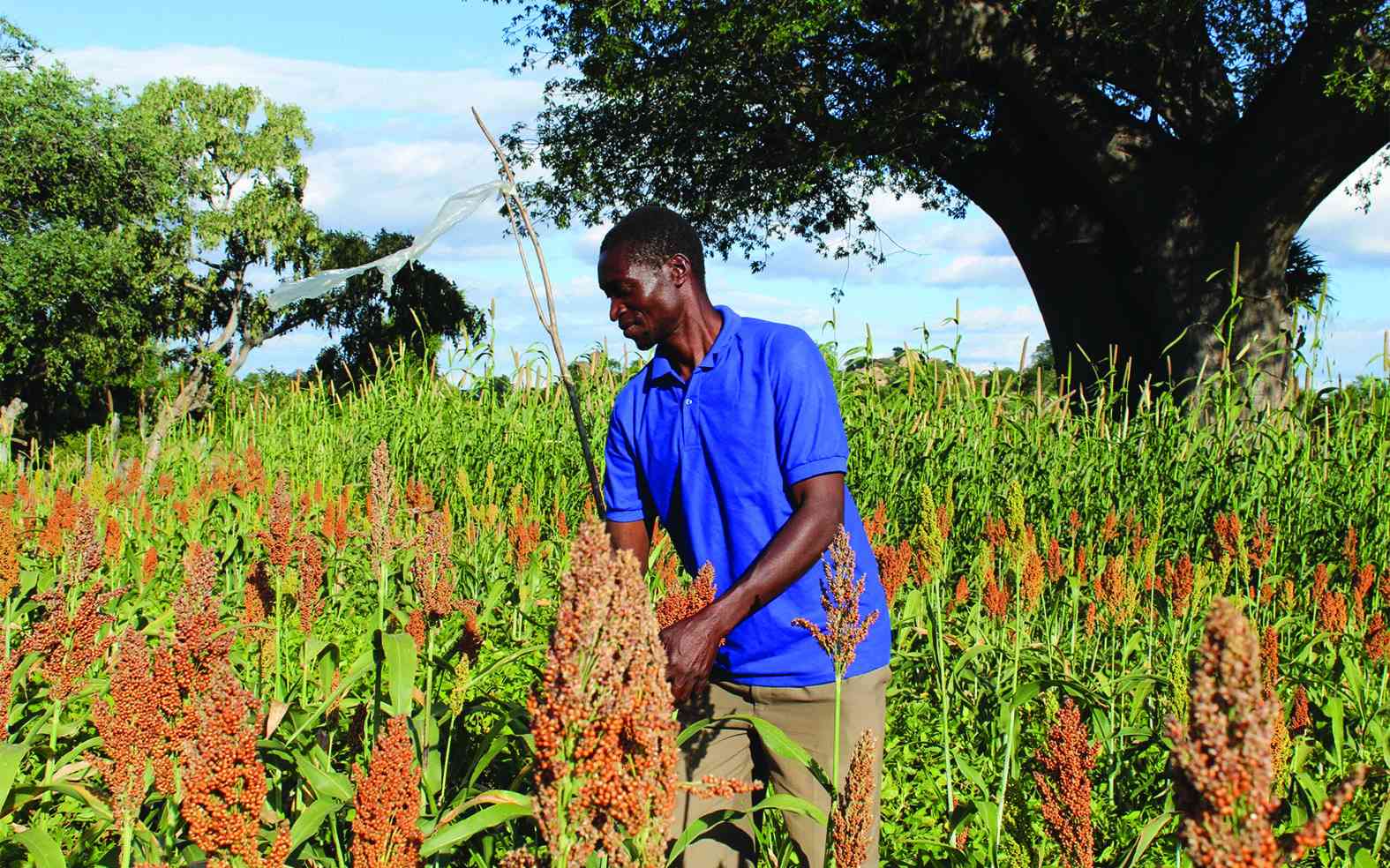
MATABELELAND South province has recorded a decline in the maternal mortality ratio due to efforts being made by the province’s health services leaders.
This was revealed by Matabeleland South provincial medical director Andrew Philip Muza while receiving a donation of health equipment from Caledonia mining company at Sitezi Clinic recently.
The maternal mortality ratio is the number of maternal deaths per 100 000 live births in a given period and measures the risk of death associated with pregnancy and childbirth by comparing the number of maternal deaths to the number of live births.
Maternal deaths include those that occur while pregnant or within 42 days of the pregnancy ending, excluding deaths from accidental or incidental causes.
According to Muza, there is a mother’s shelter to ensure that pregnant women have an affordable space for delivery, together with beds for enhancing maternal care.
“As a country, we have been battling with a challenge of high maternity mortality ratio, meaning our mothers die while giving birth, but I would like to share with you that as a province due to the continued investment that we got from the government including our partners we have seen a reduction in the mortality maternity ratio over the years,” he said.
Muza underscored the need for partners to continue giving a helping hand as the sector fights maternal mortality.
“As of 2025, as a province, we have delivered around 40 000 women and out of those, unfortunately, we lost four, but our motto is we do not want any woman to die while giving birth. The four that we lost are a huge decline from what we used to have in previous years,” he said.
- I will definitely win 2023 elections: Mwonzora
- We will rule forever: ED says
- Measles death toll hits 650
- Govt challenges youths to participate in tourism
Keep Reading
Muza said they received among other items, a solar plant, which would help to improve healthcare services.
He said the ministry was moving away from physical registration to electronic health records, emphasising that this can only be possible when there is reliable internet connection.
The province has launched an electronic recording system at the Sitezi Clinic following the donation of the solar plant.
Meanwhile, Gwanda South legislator Desire Nkala said the province was privileged to have such services at its disposal.
“The core of every successful society is to have a proper health delivery system in place,” he said.
Nkala said villagers were travelling long distances to clinics.
“Villagers in ward 2 have to travel to Matshetsheni ward 1 to seek medical assistance from a health centre. The distance is too long; we need a clinic in each ward.









